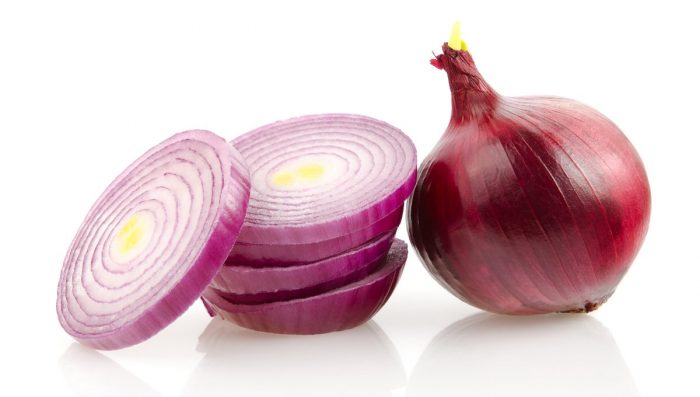Why are onions in every cuisine?
When it comes to the world of culinary delights, few ingredients can rival the versatility and flavor-enhancing prowess of the humble onion. With its distinct layers of flavor and aroma, the onion has carved an indelible place in kitchens around the globe, serving as a fundamental building block for countless savory dishes. From providing a flavorful base for soups and stews to starring as a caramelized topping for gourmet pizzas, the uses for onions in cooking are as varied as they are delicious.

- Flavorful Foundations: Onions are often considered the backbone of many dishes, contributing a deep and complex flavor profile. Whether you’re creating a hearty tomato sauce, a fragrant curry, or a savory stir-fry, sautéing diced onions at the beginning of the cooking process forms a flavorful foundation that sets the tone for the entire dish.
- Aromatic Enhancements: The distinct aroma of onions can elevate the sensory experience of a meal. Finely chopped green onions, also known as scallions, provide a fresh and zesty kick when sprinkled over soups, salads, and Asian-inspired dishes. Red onions, with their vibrant hue and mild sweetness, are often used in raw preparations such as salsas and salads, adding both color and crunch.
- Caramelized Delicacies: Caramelization is where onions truly shine. Slowly cooking sliced onions over low heat transforms their natural sugars into a rich, sweet, and savory treat. Caramelized onions are a prized addition to gourmet burgers, sandwiches, and French onion soup. They can even stand alone as a delectable side dish or topping, adding an irresistible depth of flavor.
- Pickled Perfection: Onions can be pickled to create a tangy and versatile condiment. Pickled onions add a burst of acidity and crunch to tacos, sandwiches, and salads. Their vibrant colors and zesty taste make them an eye-catching and appetizing addition to any plate.
- Global Influence: Onions have transcended cultural boundaries and become a staple in cuisines from around the world. In Indian cooking, they form the base of many masalas and curries, while in Italian cuisine, they play a crucial role in crafting the aromatic sofrito. The prevalence of onions in diverse culinary traditions is a testament to their universal appeal.
- Hidden Gems: Onions can be creatively integrated into unexpected dishes, offering delightful surprises to the palate. Incorporating finely chopped onions into meatball mixtures or omelets provides a burst of flavor and moisture. Onions can also be grilled, roasted, or fried to add a unique touch to barbecues and appetizers.
- Health Benefits: Beyond their culinary allure, onions offer a range of health benefits. They are a source of antioxidants and contain vitamins and minerals that contribute to overall well-being. Onions also contain prebiotic fibers that support gut health and digestion.
- Versatility in Varieties: The onion family encompasses an array of varieties, each with its own distinctive characteristics. From sweet Vidalia onions to pungent Spanish onions and shallots with their delicate flavor, the choice of onion can greatly influence the final taste of a dish.
In conclusion, the uses for onions in cooking are as diverse as the cuisines they inhabit. From adding depth and complexity to flavor profiles, to starring as a standalone delicacy, the onion’s culinary prowess knows no bounds. Its ability to enhance, transform, and surprise the taste buds solidifies its place as an essential ingredient in kitchens worldwide. So, whether you’re sautéing, caramelizing, or pickling, rest assured that the onion will continue to be a flavorful companion on your culinary journey.







One Comment